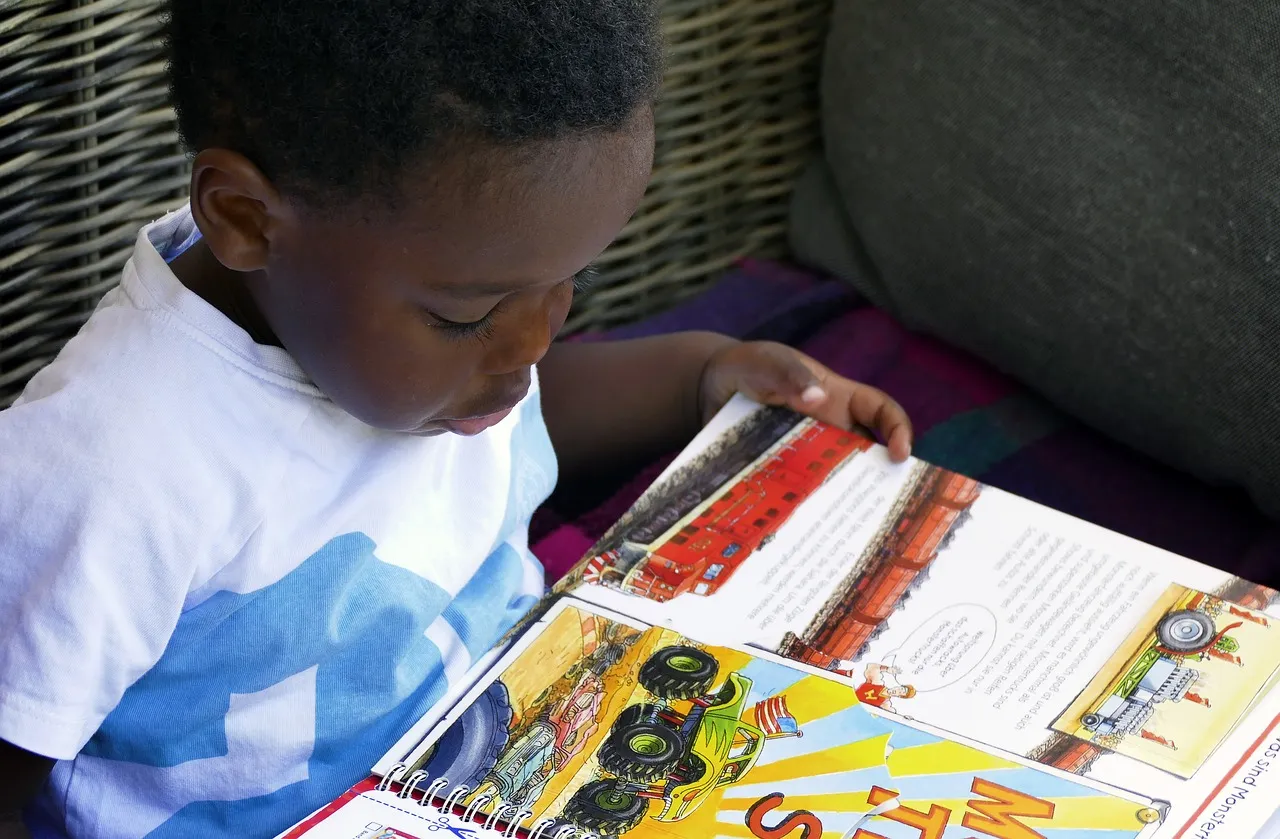
It’s no surprise: attention spans have taken a big hit. They are shorter today than ever before. Kids today do not listen to their parents, teachers, or elders as well as they did in previous generations. Websites and videos all over the Internet claim to provide secrets to helping parents get their kids to pay attention. It’s usually the predictable advice: integrating physical activity, removing distractions, breaking up larger assignments into smaller pieces, providing a diversity of different learning tools, and so forth.
Unless we believe that children have all the answers, then this shortened attention span does not bode well for humanity. Certainly, young people bring an energy and a fresh perspective that adults may lack. They have an intuitive understanding of technology and a responsiveness that suits the times. Old geezers and grannies do not have all the answers. And yet, one human lifetime is too short and our worlds are too complex for you to believe you can learn everything through your own firsthand experience.

The Demise of Attention Spans
Previous generations relied on the young having some deference to old age. Young people appreciated the wisdom of their parents and grandparents, knowing their lessons were learned through experience. This pattern continues in countries that remain fairly poor and undeveloped, where the benefits are clearer from these kids learning lessons they can apply soon enough. Some of them are put to work at an early age to clean, cook, weave baskets, or catch fish. But in so-called advanced countries, children are less interested in learning from their elders.
When you don’t internalize some of the lessons learned by others, it takes longer to understand human behavior. You are doomed to repeat past mistakes, miss patterns, and squander opportunities that the wisdom of your elders would have taught you to recognize. You may be sentenced to a meaningless life of playing video games in your basement on someone else’s dime.
Changing the Message, Not the Children
So if children won’t listen, then how exactly are we supposed to effectuate the transfer of knowledge that must take place from one human generation to the next?
The answer, according to some researchers who have been studying this problem (and reported in the by National Public Radio (NPR) in the link below), is fairly simple. But to address the issue, we first need to be clear that the kids are not the problem. Whatever the cause of their shorter attention spans (TV, computer games, dual income families, growing up in a complex world), the solution is not to try to “fix” these kids. Without changing the world around them, most approaches to “fixing” children are doomed to failure.

Instead, these researchers found that the message (or its delivery, if you want to think of it that way) can be fixed. When that message suits them, then children WILL listen to the content that an adult is trying to teach. And fixing the message does not mean dumbing it down or breaking up the content into bite-sized pieces. The grand solution, which these researchers proved to be effective, was to…
Give the Child Some Autonomy
Respect the child by giving him or her some freedom. Put that child in charge of making an important decision: deciding to listen. And when you give the kids a reason to listen, then they will (make that choice to) listen.

This is much like the children in indigenous societies. They are taught it’s important for them to help with chores, such as cleaning and cooking. In Mexico and Guatemala, there are indigenous Mayan families where children actually ask to help. They make the decision to help.
And researchers found that (U.S.) Americans can be similarly motivated. From young children to college students, people will pay better attention if they are given some incentive. And that incentive does not need to be money or candy. It can be as simple as: “If you finish the task sooner, you’ll get to go home sooner.”
It’s a form of autonomy. Rather than managing their time and their attention, we turn it over to them. We let them take control of their mind’s attention. And they make the decision what to do with it.
Three Steps to Motivating Kids
So how can parents motivate their children? The NPR article turns to cognitive psychologist Mike Esterman. First, he recommends asking your kid one question: “What would you do if you didn’t have to do anything else?” You must discover their passion, or at least the activity they most want to pursue right now. Second, you make time for their activity in their schedule. And third, you use that as a carrot, as an incentive, to motivate them to complete their homework or whatever task you need them to complete.

Researchers found that letting kids make the decision to focus on the task not only improved results. Their brains worked completely differently. There was more brain activity taking place on more pathways. They paid attention and they got their work done.
So each time I find myself TELLING my kids what I want them to do…instead I will begin by ASKING them what they want to do.

References (quotes are from last link below):
https://www.edutopia.org/discussion/7-ways-increase-students-attention-span
https://www.npr.org/sections/goatsandsoda/2018/06/09/616928895/how-to-get-your-kids-to-do-chores-without-resenting-it
https://letgrow.org/how-come-maya-children-are-twice-as-good-at-paying-attention-as-u-s-kids/
https://www.npr.org/sections/goatsandsoda/2018/06/21/621752789/a-lost-secret-how-to-get-kids-to-pay-attention
Images are public domain.